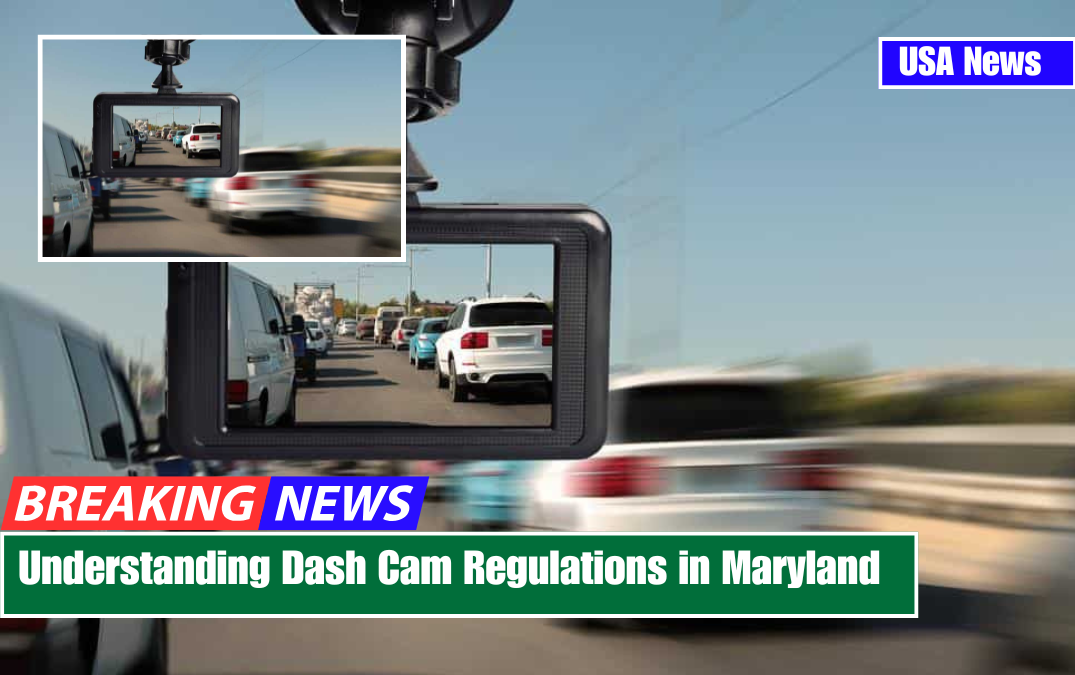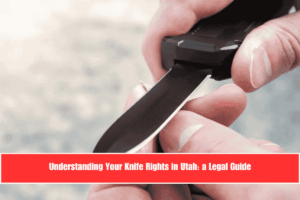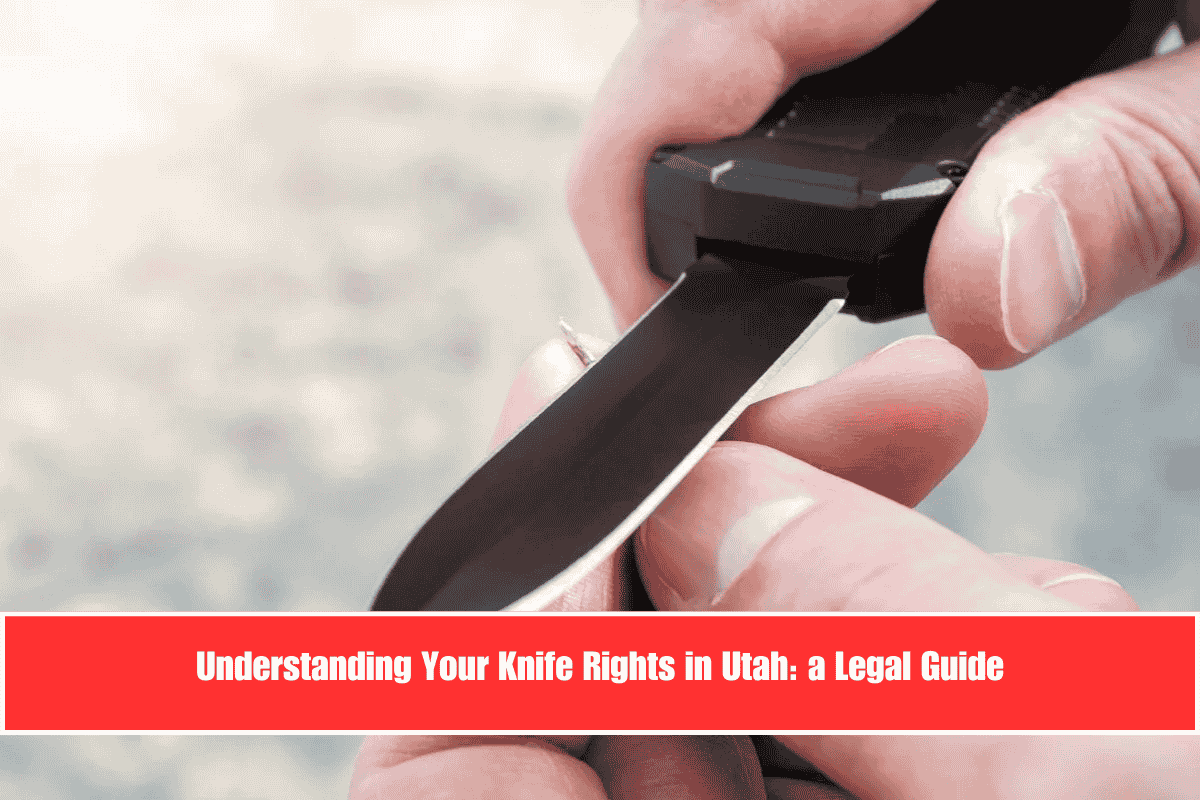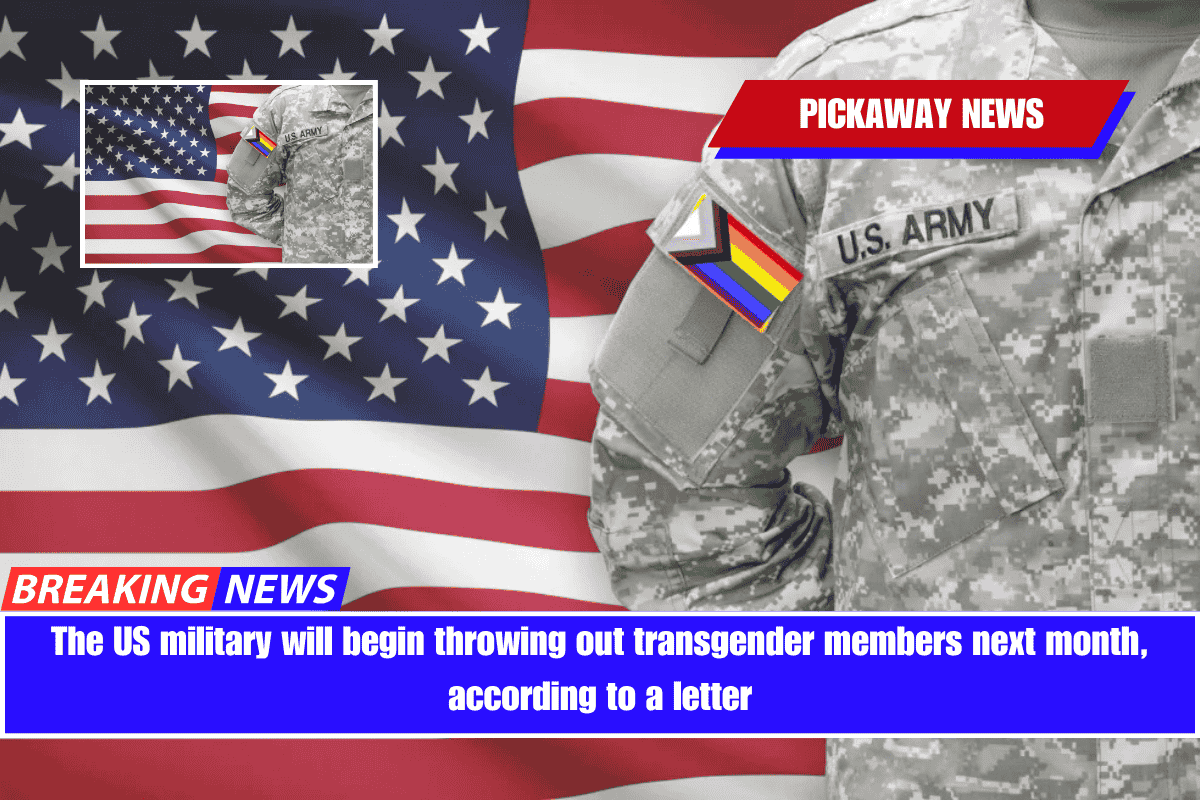Dash cams are legal in Maryland, but their use is subject to specific regulations and considerations. Understanding these laws ensures compliance and helps drivers utilize dash cams effectively for safety and legal purposes.
Legality of Dash Cams in Maryland
Maryland permits the use of dash cams in private vehicles, provided they do not obstruct the driver’s view of the road. The placement of the dash cam must comply with state regulations, which specify that it can be mounted:
- Above the AS-1 line on the windshield.
- Higher than 5 inches below the top of the windshield.
- Within a 7-inch square in the bottom corner of the windshield.
These guidelines aim to ensure that dash cams do not impair visibility or pose a hazard while driving.
Wiretapping and Audio Recording Laws
Maryland is a two-party consent state under its wiretapping and surveillance laws. This means that all parties involved in a conversation must consent to being recorded. If a dash cam records audio inside a vehicle without passenger consent, it could violate these laws. To avoid legal issues:
- Turn off the audio recording function.
- Inform passengers verbally or post a clear notice about audio recording.
Video recording in public spaces, such as streets or parking lots, is generally allowed, as there is no expectation of privacy in these areas.
Admissibility of Dash Cam Footage in Court
Dash cam footage is admissible as evidence in Maryland courts if it meets certain conditions:
- Relevance: The footage must directly relate to the case, such as proving fault in an accident.
- Authentication: The party presenting the footage must demonstrate that it is an accurate and untampered recording. This involves establishing a chain of custody and ensuring the footage was recorded on a functioning device at the time of the incident.
Dash cam footage can be crucial in car accident cases, helping determine liability when there are disputes or conflicting accounts. However, incomplete or misleading footage may be challenged in court.
Police Interaction and Dash Cam Seizure
Drivers have the right to record on-duty police officers during traffic stops or other interactions. However, police can seize dash cam footage if they obtain a search warrant based on probable cause that the footage contains evidence of a crime. Drivers should ensure their dash cams are unobtrusive to avoid being cited for obstructing vision.
Benefits of Dash Cams
Dash cams offer several advantages for Maryland drivers:
- Accident Documentation: They provide unbiased accounts of incidents, which can protect drivers from false claims or disputes over liability.
- Insurance Claims: High-quality footage can expedite claims and potentially prevent premium increases.
- Parking Security: Dash cams equipped with motion detectors can record activity around parked vehicles, helping identify vandals or hit-and-run drivers.
Dash cams are legal and widely beneficial in Maryland, but drivers must adhere to mounting requirements and wiretapping laws to avoid penalties. Proper placement ensures unobstructed visibility, while compliance with audio recording rules prevents legal complications.
Dash cam footage can serve as valuable evidence in accidents and other disputes, provided it meets evidentiary standards. By understanding these regulations, Maryland drivers can leverage dash cams effectively for safety and legal protection.
SOURCES:-
[1] https://www.ddpai.com/blog/dash-cam-laws/
[2] https://www.portnerandshure.com/blog/2019/january/3-reasons-you-need-a-dash-cam-in-maryland/
[3] https://www.lepplerinjurylaw.com/blog/dashcam-footage-in-maryland-car-accidents/
[4] https://triallawyersmaryland.com/can-police-seize-dashcam-maryland/
[5] https://gpstrackit.com/blog/what-are-the-dashcam-regulations-in-each-state/














